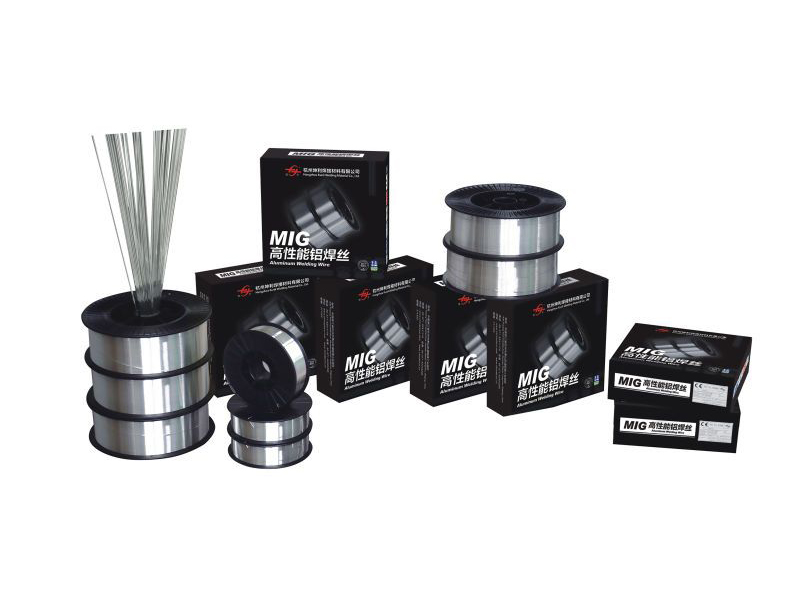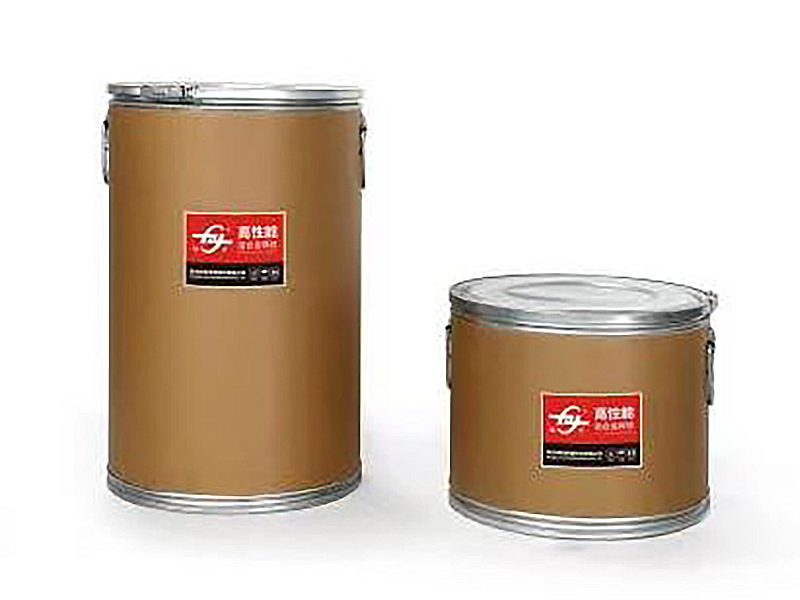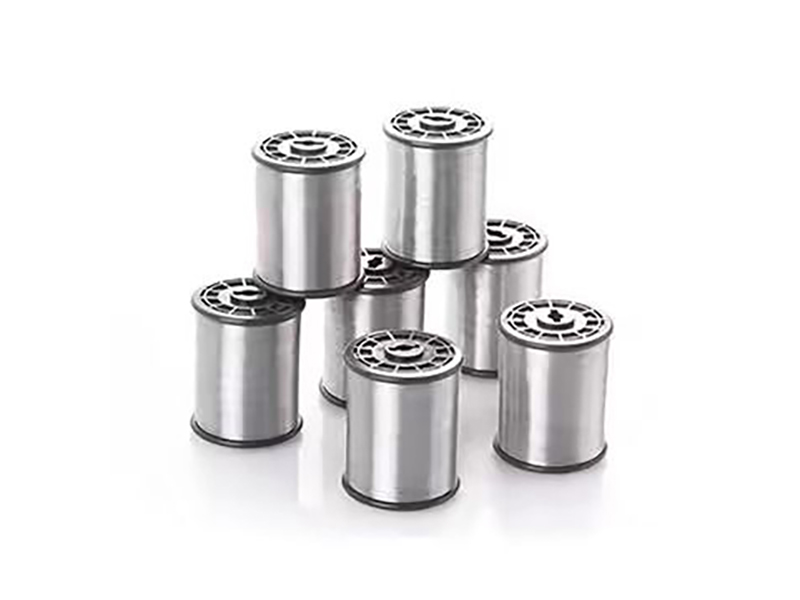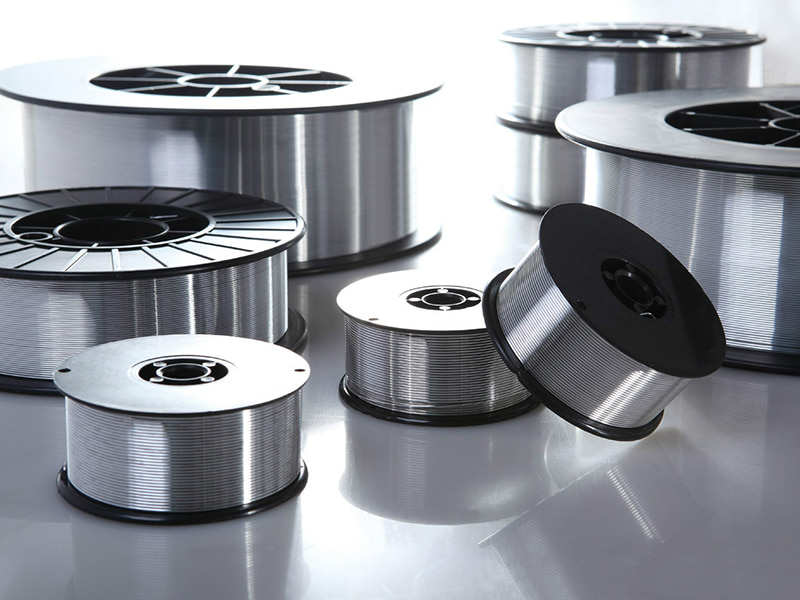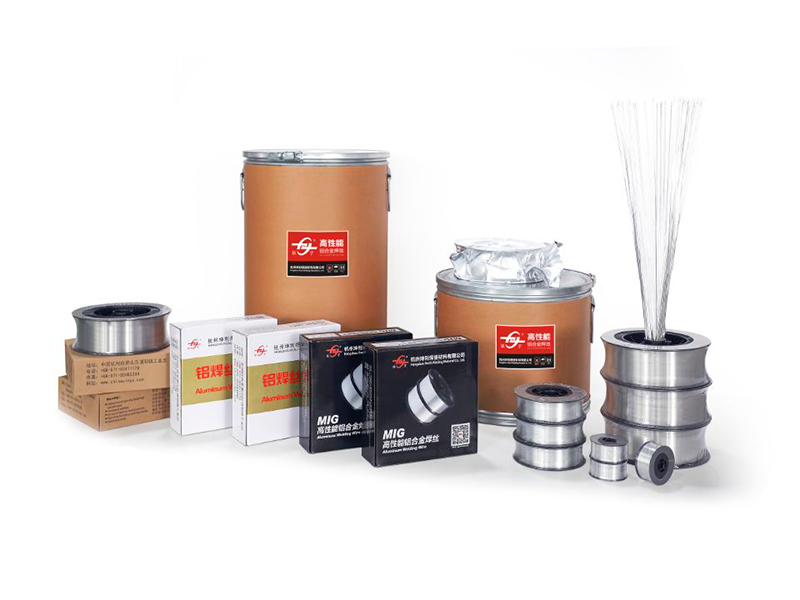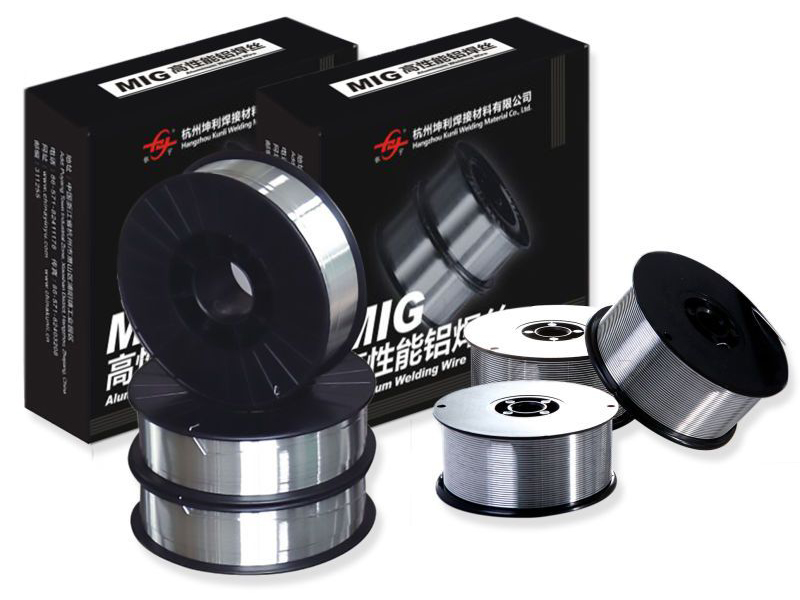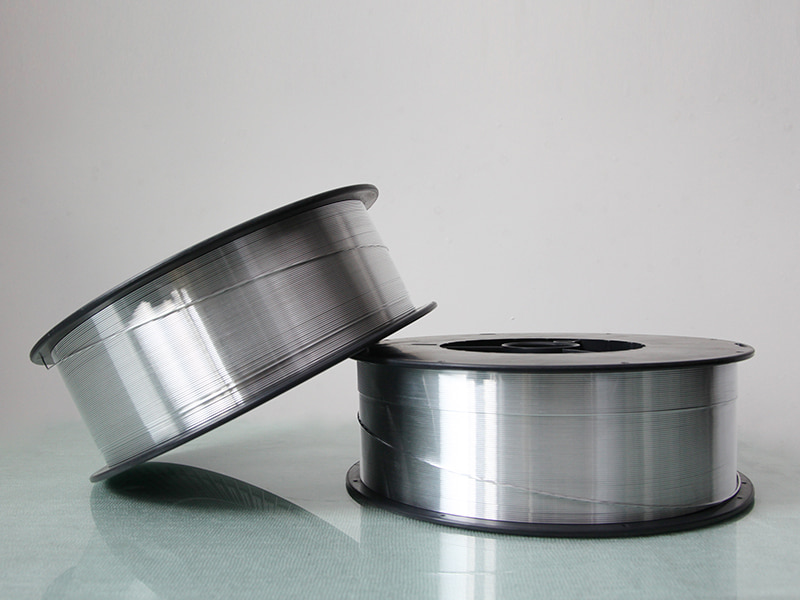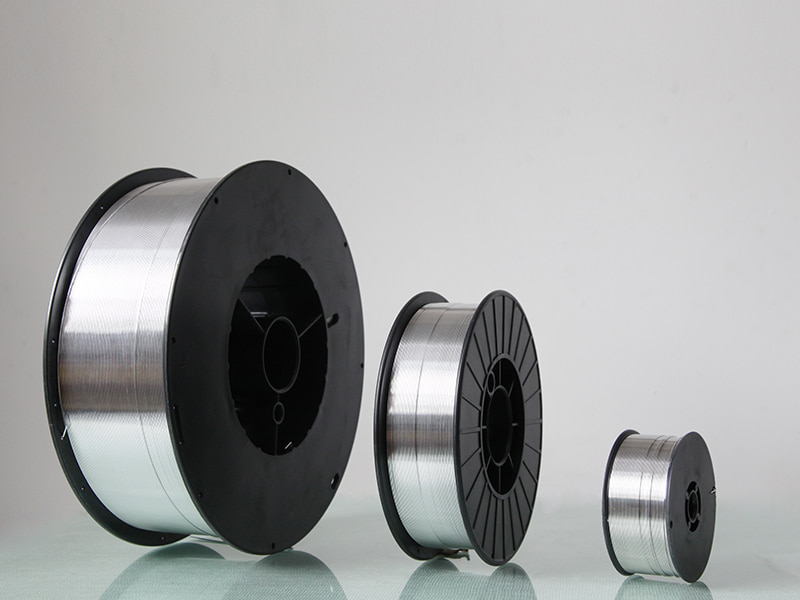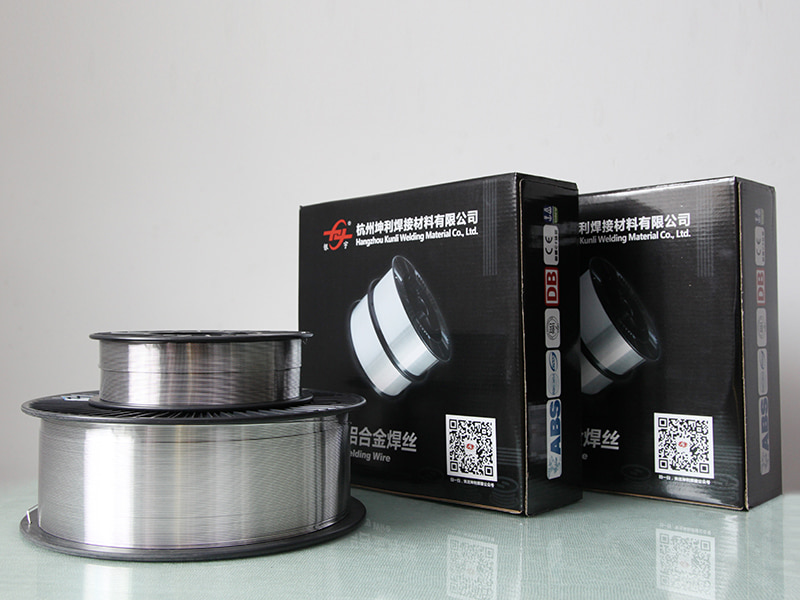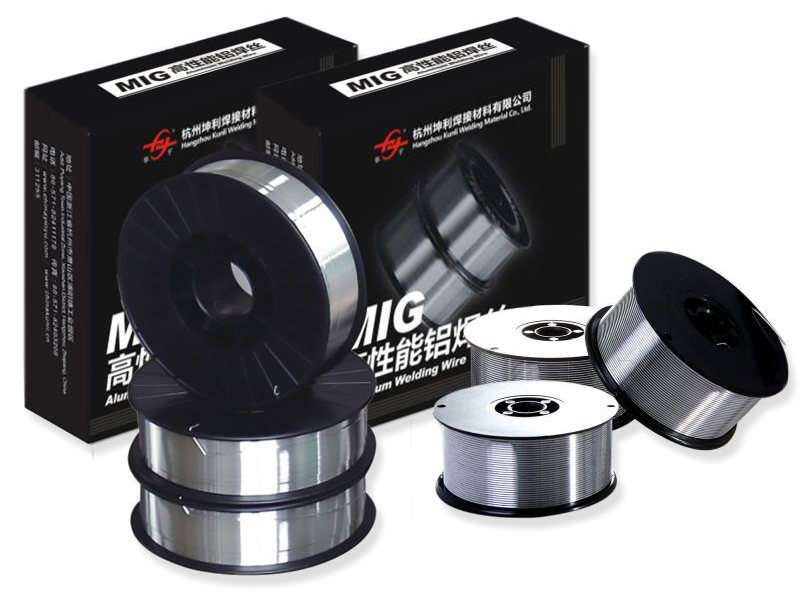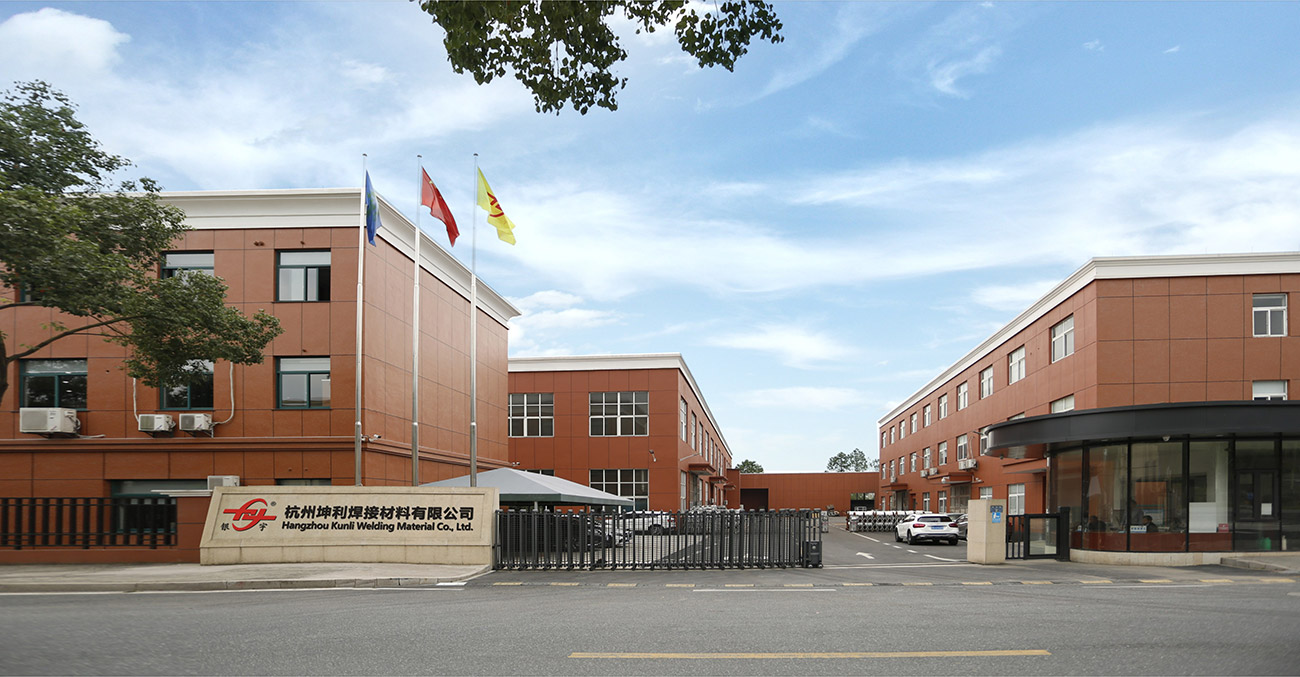Introduction
The Middle East market, particularly within the GCC countries, requires welding materials capable of withstanding extreme temperatures, high humidity, and severe corrosive environments, especially in coastal oil & gas installations. Our wires for this region are selected for their excellent heat tolerance and enhanced corrosion resistance (primarily 5XXX series). We ensure all necessary international certifications (e.g., DNV GL, ABS) are in place to meet the standards required by international engineering firms operating within the region.
Specification
| Market Focus | GCC Countries (UAE, KSA, Qatar, etc.) |
| Key Property | Resistance to high ambient temperatures and aggressive corrosion |
| Material Focus | High-Magnesium 5XXX series for coastal/industrial use |
| Certification | DNV GL and ABS approvals highly valued |
| Packaging | Enhanced sealing against sand and humidity |
Applications
Construction and maintenance of aluminum components in oil refineries and petrochemical plants.
Welding aluminum components for HVAC and cooling systems in large-scale construction.
Fabrication of desalination plant equipment and marine structures along the coast.
Supplying materials for regional pipeline and energy infrastructure projects.
Payment and Shipping
Incoterms: Flexible terms including FOB or CFR to Jebel Ali, Jeddah, and other major regional ports.
Payment: Experienced in handling L/C transactions common in large Middle Eastern contracts.
Documentation: Providing notarized and legalized documents as required by specific GCC country regulations.
 English
English Deutsch
Deutsch
 English
English Deutsch
Deutsch

